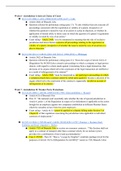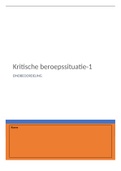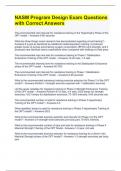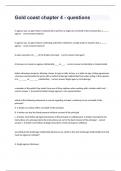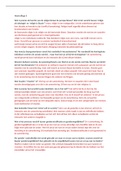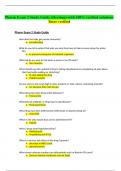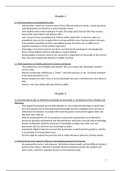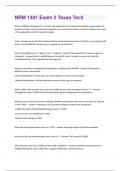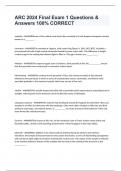College aantekeningen
Case Law for Conflict of Laws Exam June 2022 (Weeks 6-12)
- Instelling
- Tilburg University (UVT)
This document contains all cases mentioned in the conflict of laws syllabus from weeks 6-12. There is a description of each case and it highlights what is relevant to know from each case for the exam. The document also includes the relevant paragraph where the information can be found in each case....
[Meer zien]
